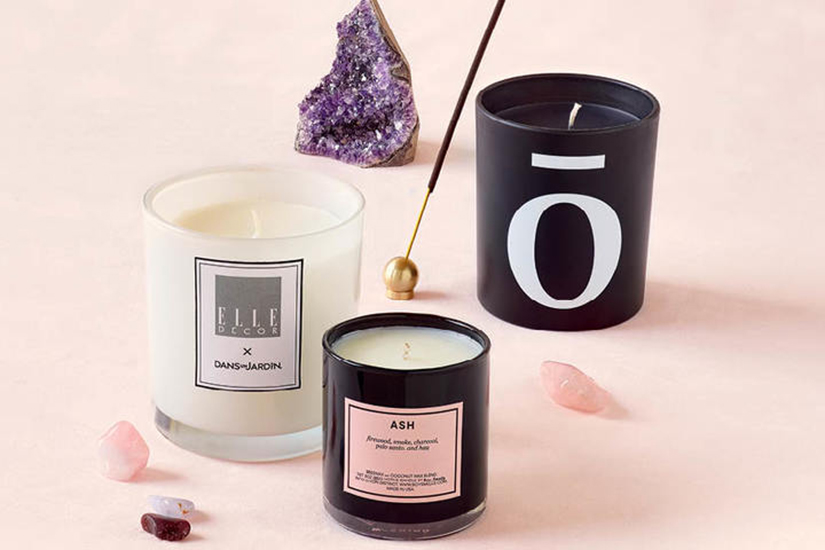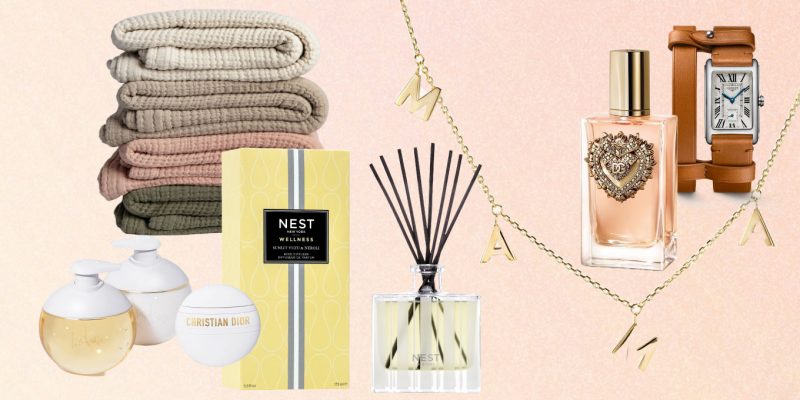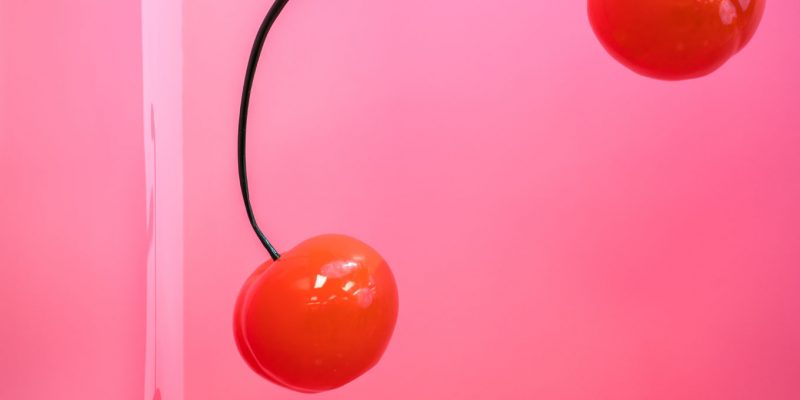Health & Fitness
This is your brain on stress
Let's talk about stress, baby.
by : Victoria DiPlacido- Jan 9th, 2018

Before Hungarian-Canadian endocrinologist Hans Selye began his seminal research in the ’30s on stress, the word was just an engineering term. “The amount of stress on a bridge is the load it can carry before damage occurs, and it’s the same with our bodies: Only a certain amount can be tolerated before there is damage,” says Aileen Burford-Mason, Ph.D., an immunologist and former assistant professor in the faculty of medicine at the University of Toronto. It’s a topic she explores in her new book, The Healthy Brain. “The brain uses nutrients at 10 times the rate of any other tissue,” she explains. “It’s the first place to wobble when under-supplied.”
How does stress affect mood?
“Think of stress as a vacuum hose that drains your dopamine—the ‘happy hormone’ that keeps you upbeat and focused—to make the adrenalin you need to handle stress. As dopamine drops, you start to feel unfocused and unable to concentrate. Mood and energy levels slump.”
In the book, you point to studies that show that supplements, like tyrosine, B vitamins and magnesium, can help manage stress.
“All the essential nutrients interact together. There’s no one nutrient that you can say ‘Take this and it will wipe out the problem.’ Tyrosine [found in protein-rich foods] is the building block for dopamine, and it depends on many nutrients. Two key ones that are also drained by stress are vitamin C and magnesium. If you give people tyrosine and they don’t have the other basic nutrients, it won’t convert to dopamine, which needs vitamin C and magnesium to produce the adrenal hormones.”
What about adaptogens, like licorice root, that are said to be adrenal regulators?
“They’re useful, but they’re not my first choice. If I employed all the nutritional approaches—for example, correct diet, eating enough protein—and there was still room for improvement, then I might look at some of them to see where the research is.”
We hear the term “adrenal fatigue” used by alternative medicine practitioners. What is your opinion?
“Under stress, the adrenal glands enlarge to make more hormones. If the stress continues relentlessly and nutrition isn’t provided, the glands atrophy. Adrenal fatigue as a diagnosis is very controversial and generally not accepted by mainstream medicine. I don’t think it’s particularly helpful. There are ways of coping with stress, like nutritional support, meditation, exercise, listening to music and massage therapy.”
—
The ELLE Canada beauty team’s favourite way to de-stress: Light a candle and/or incense—we love the IIUVO Bullshit Candle, the Boy Smells Candle in Ash, the ELLE Decor x Dans un Jardin Bougie Parfumée Candle and the Province Apothecary Cedar Wood Essential Oil Incense and Japanese Brass Incense Holder—and kick back with the Happy Soul Relax & De-StressFacial Grid Crystal Kit. It includes lepidolite and rose quartz, both of which purport to reduce feelings of anxiety and encourage self-love. (We can’t prove this, but we feel relaxed nonetheless.)

ELLE Decor x Dans un Jardin Bougie Parfumée Candle ($35), at dansunjardin.com. Boy Smells Candle in Ash ($48), at boysmells.com. IIUVO Bullshit Candle ($35), at iiuvo.com. Province Apothecary Cedar Wood Essential Oil Incense ($16) and Japanese Brass Incense Holder ($12), provinceapothecary.com. Happy Soul Relax & De-StressFacial Grid Crystal Kit ($15), happysoulonline.com.
This article originally appeared in the February 2018 issue of ELLE Canada.
Newsletter
Join our mailing list for the latest and biggest in fashion trends, beauty, culture and celebrity.
Read Next

Fashion
These Will Be 2025’s Biggest Wedding Dress Trends
Dropped waists, bridal bows and bubble hemlines for the 2025 brides.
by : Lauren Knowles- Apr 16th, 2024

Fashion
16 Mother's Day Gifts for Every Type of Mom
From the loveliest spring fragrances to sentimental gifts she'll never stop loving.
by : Melissa Fejtek- Apr 16th, 2024

Culture
ELLE Adventures to Georgia
Immerse yourself in the heart and soul of the Peach State with this comprehensive guide to all the top spots.
by : ELLE UK- Apr 3rd, 2024



